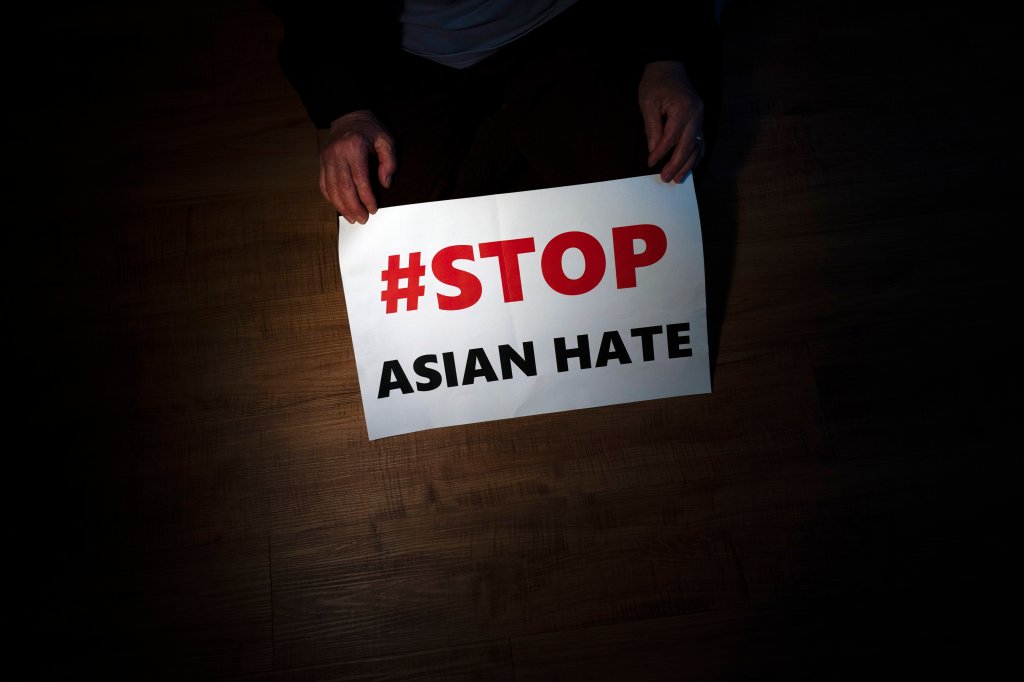Forget coffee. For Asian Americans, each morning begins with some sort of cognitive calculation about how to navigate potential biases we might face throughout the day.
There’s no hiding the facts. Asian Americans fear that hate crimes are rising. One in three of us faced racial abuse last year. A recently signed law prohibits Chinese nationals from purchasing property in parts of Florida. And a recent House spending bill almost revived a controversial Department of Justice program that targets Chinese academics.
Much of this results from a combination of economic and societal pressures: COVID-19, racism about Asian Americans as “perpetual foreigners,” and a leader of one of our two major parties who thrives on grievance and division. We must acknowledge that.
Despite these setbacks, the Asian American community has made a lot of progress: in numbers, in economic strength and, increasingly, in political power. We should acknowledge that, too.
Such was the case for me in 2017 when I became the first Indian American in Illinois to be elected to Congress. Six years later, I would become the first South Asian American in U.S. history to co-lead a congressional committee. I now represent one of 18 Asian American members in Congress, which is sure to grow in 2024.
Growing up in Peoria, I cannot say I would have envisioned this; there were not many Asian American role models at the time. But today, one of the best MLB players, Shohei Ohtani, is Japanese, as is the star pitcher, Shota Imanaga, who has Cubs fans like myself dreaming of another World Series. These players are admired by fans of every background because of what they accomplish on the field.
A legion of other Asian American leaders heads some of our nation’s most important industries as well. As we compete with the China for businesses and jobs of the future, we see leaders such as YouTube co-founder Steve Chen and Adobe CEO Shantanu Narayen paving the way for generations to follow. Dwayne “The Rock”…
Read the full article here





